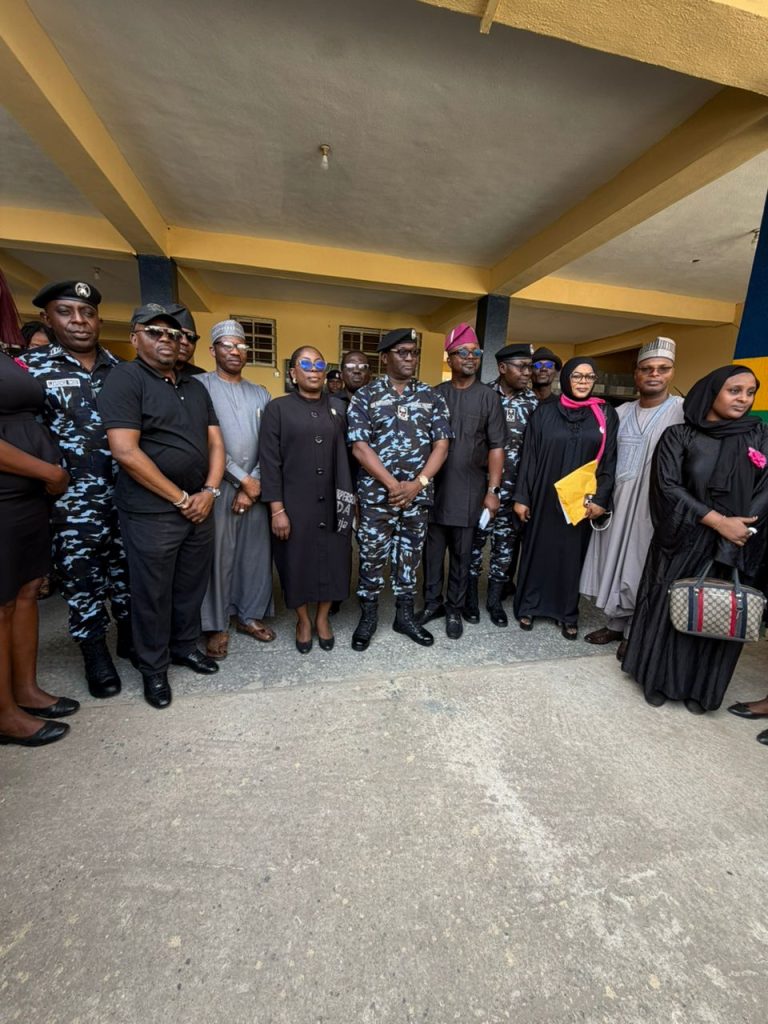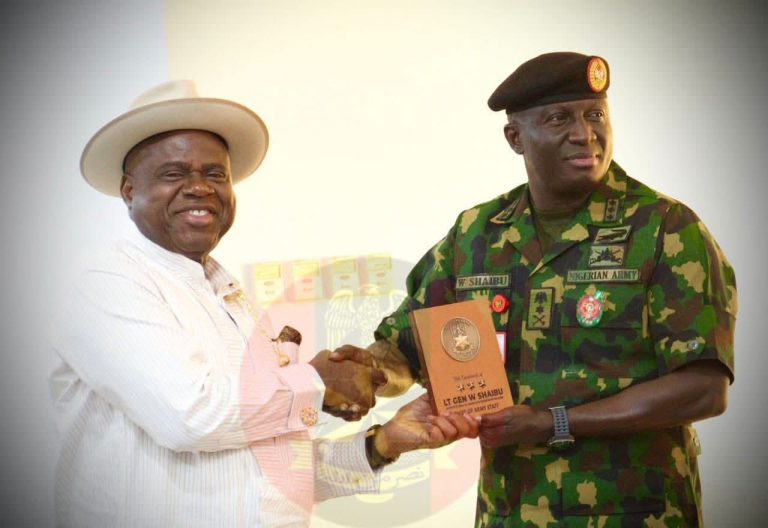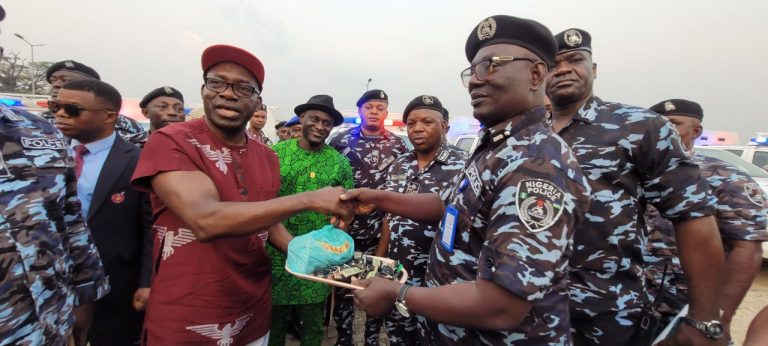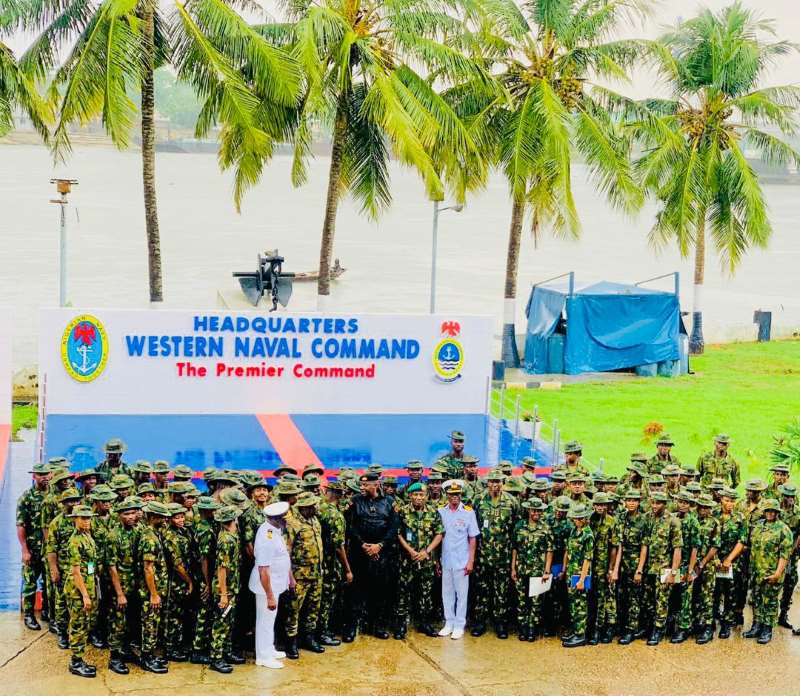
To enhance its students’ academic and professional competence, the Nigerian Army Intelligence School (NAIS) has embarked on a local study tour to the Headquarters of the Western Naval Command (WNC) and the Joint Task Force South West Operation AWATSE.
The tour was aimed to familiarize students with the critical role of the WNC and OP AWATSE in ensuring security in the South Western region of Nigeria and to underscore the importance of inter-service collaboration.
The delegation, led by the Acting Commandant of NAIS, Brigadier General Kingsley Nwoko, comprised students from various courses including the Young Officers Course, Counter Intelligence Officers and Senior Non-Commissioned Officers Courses, Operative Intelligence Course, and Intermediate Intelligence Operative Course.
The Flag Officer Commanding (FOC), Western Naval Command, Rear Admiral MB Hassan briefed the team on the history, activities, force structure, achievements, and challenges of the operation, with a particular focus on intelligence operations.
They also toured key naval assets and platforms, including the NNS KADA, NNS EKUN, NNS CALABAR, and the Falcon Eye facility, providing students with a firsthand understanding of naval operations.
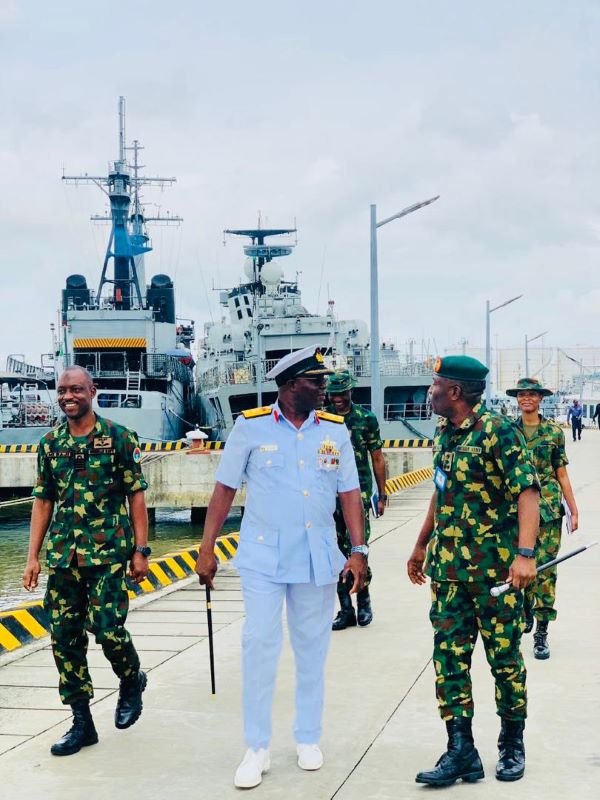
Rear Admiral Hassan expressed his pleasure in hosting the NAIS personnel, emphasizing the importance of such interactions in strengthening the collaboration within the Armed Forces of Nigeria, adding that the mutual benefits of sharing knowledge and operational experiences between the Army and Navy cannot be downplayed.
Brigadier General Nwoko, in his remarks, said the academic significance of the tour would help the students grow in their profession, which he added aligns with the Chief of Army Staff’s Command Philosophy.
He emphasized that the tour is crucial for improving students’ understanding of inter-service synergy and the effectiveness of military operations through actionable intelligence.
The initiative marks a significant step in fostering a comprehensive understanding of joint military operations among future intelligence officers, ensuring they are well-equipped to contribute to the nation’s security landscape.


